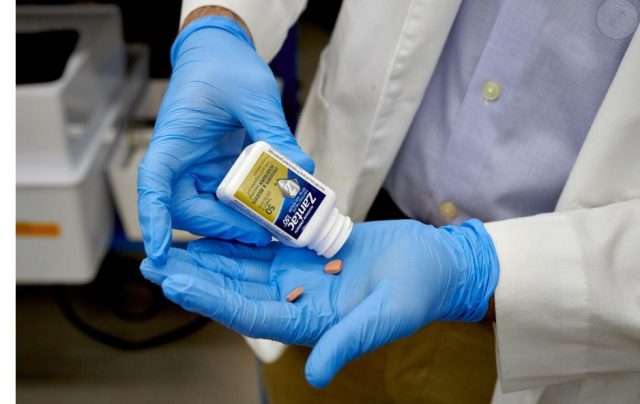Dr. Aba Sagoe, a board member of the Institute of Human Virology Nigeria, demanded on Monday that more money be allocated to research at Nigerian universities.
According to Sagoe, financing for universities is desperately needed, especially for research.
She presented at a symposium held in Abuja that was organized by the Institute of Human Virology, Nigeria, and the National Health Research Ethics Committee.
Funding is desperately needed by universities, especially for research. In addition to medical, there is a lot of work to be done in pharmacy, agriculture, and many other areas, she stated.
According to Sagoe, a large number of Nigerians are interested in conducting research but lack the means and assistance needed to do so.
Since there is so much to be done, we must conduct extensive study. In Nigeria, a lot of people want to work in research fields, but they need support and, most importantly, money to make it happen,” she continued.
She was hopeful that the conference will encourage more individuals to conduct research and contribute to the development of a more robust research culture in the nation.
To improve Nigeria’s health systems, Dr. Iziaq Salako, Minister of State for Health and Social Welfare, emphasized the importance of interdisciplinary cooperation, moral leadership, and creativity.
Salako stated that ongoing innovation and equity are at the core of the ministry’s goal while being represented by Dr. Lolade Adeyemi, Special Adviser on Research and Innovation.
“The theme of this conference resonates deeply with our mission at the Federal Ministry of Health and Social Welfare. We are dedicated to continuously enhancing quality, promoting equity, and championing sustainable innovation in our health systems,” Salako said.
IHVN’s Chief Operating Officer and Principal Investigator for the conference, Dr Charles Mensah, explained that EXCEL-RITE was built on a vision to foster responsible conduct in research, enhance collaboration, and drive impactful change across disciplines.
Mensah said the conference aimed to promote research integrity and establish best practices and standards to uphold the credibility of research processes.
According to him, it will also encourage adherence to ethical principles to prevent misconduct in scientific endeavours.
He further explained that the conference would strengthen capacity building by equipping researchers, students, and institutional leaders with the knowledge and skills to implement ethical research practices.
Additionally, he said it would facilitate cross-disciplinary learning through training, workshops, and collaborative programmes.
“The conference will enhance collaboration and policy development by bridging gaps between academia, government, and industry for effective partnerships.
“It will also support the development of policies that align with global standards for research ethics and governance,” he said.
He added that it would empower researchers to address societal and public health challenges through innovative and ethically sound studies, promoting the use of research findings for evidence-based policy formulation and implementation.





